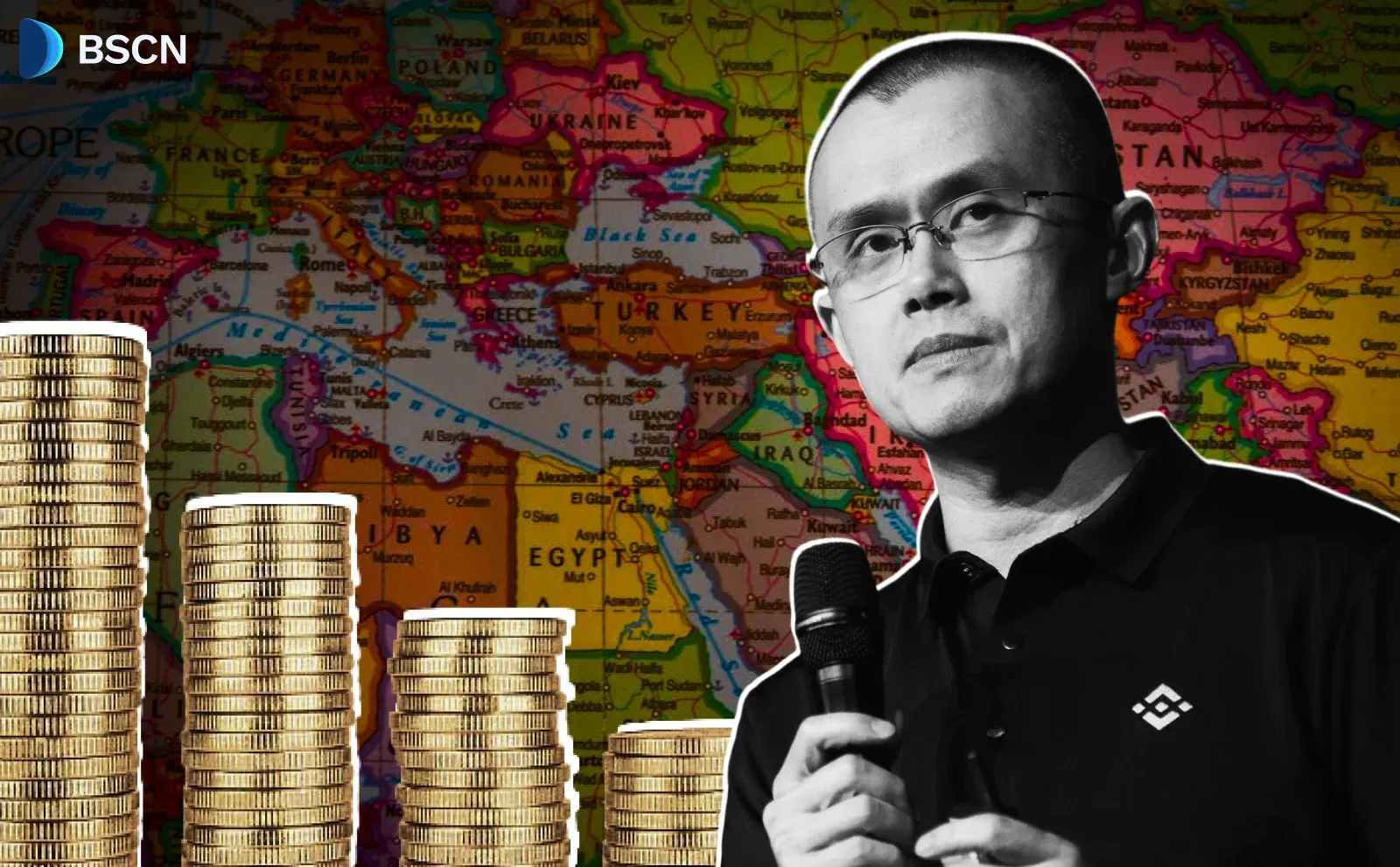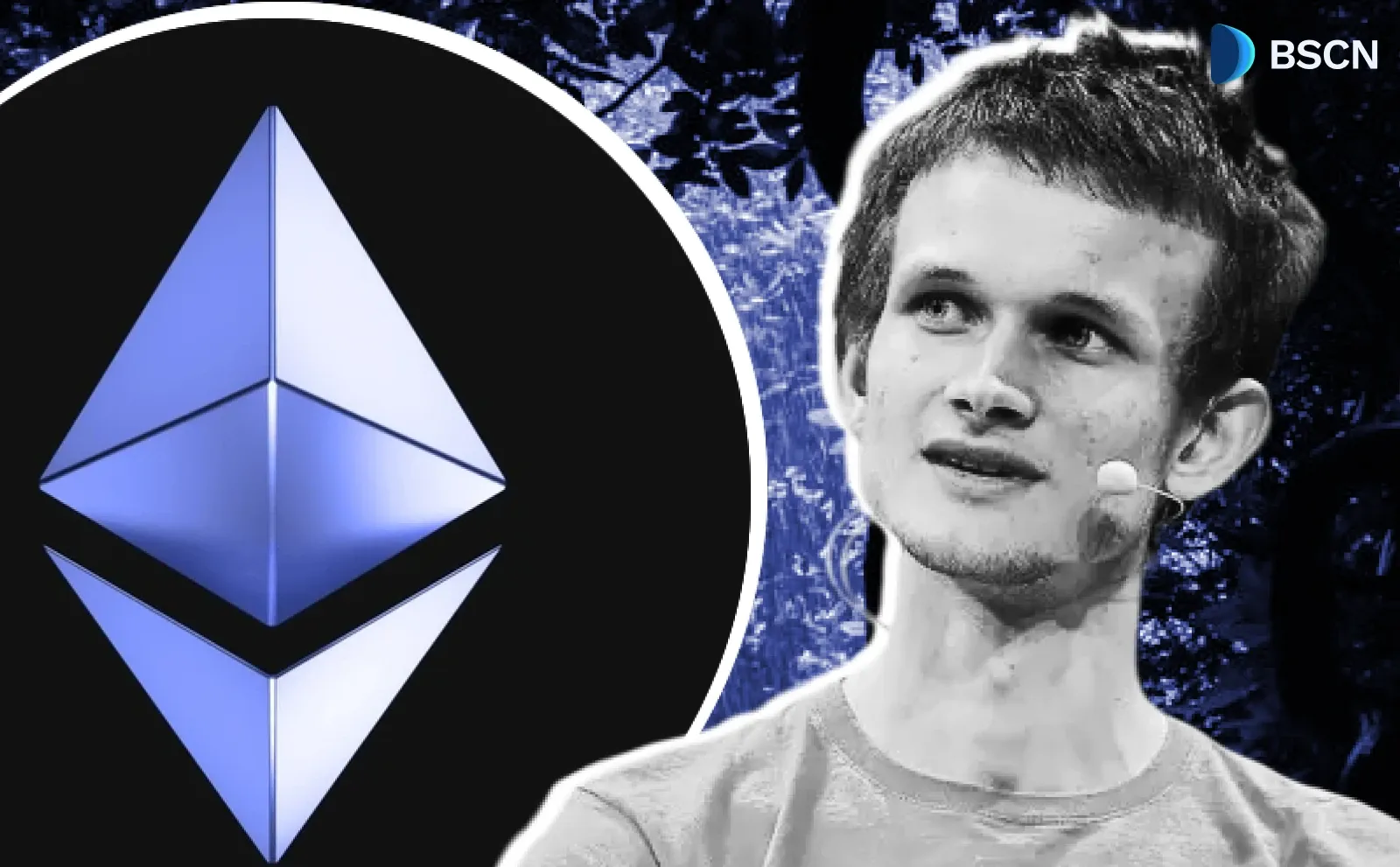News
Ethereum Foundation Controversy Erupts Again: Vitalik, Cronje and Sandeep Join In
by Soumen Datta
October 21, 2025

Ethereum Foundation faces new controversy as core dev Péter Szilágyi accuses centralization. Sandeep Nailwal and Andre Cronje join the debate.
A familiar Storm Returns to Ethereum
The Ethereum Foundation (EF) is once again facing criticism from within its own ecosystem. Core developer Péter Szilágyi, who leads the Geth client team, publicly accused the Foundation of being controlled by a small inner circle close to Vitalik Buterin.
His lengthy post on X and other channels reopened old debates about centralization, fairness, and conflicts of interest within Ethereum’s leadership. Soon after, Polygon co-founder Sandeep Nailwal and Sonic Labs co-founder Andre Cronje joined the discussion — both expressing frustration about how Ethereum supports its developers and ecosystem partners.
The controversy raises broader issues about governance, compensation, and influence inside Ethereum — the blockchain often praised as the home of decentralization.
Péter Szilágyi: “I Feel Like a Useful Fool For the Foundation”
Szilágyi’s post was not a resignation. But it was a strong critique of what he sees as the Foundation’s “disconnect from reality.”
He said that while the Foundation presents him as a leader in public, he feels sidelined in internal decisions. He argued that the Ethereum Foundation values public perception of decentralization more than the principle itself.
“I can watch Geth and its values dragged through the dirt and remain silent, giving way to the big players to reshape the protocol as they will,” Szilágyi wrote. “Or I can stand up and go against the grain, gradually chipping away at my reputation every time I say something that might prevent people making their money off of Ethereum. One way or another, Geth (and by extension, me) will get removed from the equation”
Szilágyi’s frustration centers on three key points:
- Disconnect between image and reality: He believes his “leadership role” is only symbolic and used to show the appearance of diversity in opinions.
- Poor compensation and hidden pay structures: He revealed earning just $625,000 total over six years while Ethereum grew to a $450 billion market cap, calling it a “perfect breeding ground for perverse incentives.”
- Concentration of power: He claimed Ethereum’s future direction depends on the same “5–10 people” who have financial and advisory ties across nearly every major project.
In his words, Ethereum has created “a ruling elite” — contradicting the ideal of an open, trustless ecosystem.
The “High rRollers” Problem
Szilágyi’s post went beyond his personal grievances. He claimed Ethereum’s inner circle has turned into a network of power and influence, where projects need the endorsement of Vitalik Buterin or his close associates to succeed.
He argued that getting the right “5-10 people” on the cap table is now more valuable than building something new.
This “soft centralization” — a term often used by critics — has been a recurring concern for years. Szilágyi’s comments brought it back into the spotlight, reigniting questions about whether Ethereum’s governance is truly decentralized or dominated by a few voices.
Sandeep Nailwal: “I’ve Started Questioning my Loyalty Toward Ethereum”
Following Szilágyi’s post, Sandeep Nailwal, co-founder of Polygon, said he could “no longer stay silent.”
He admitted feeling moral loyalty toward Ethereum for years, even though Polygon “never got direct support from the EF or the Ethereum core team.”
“The Ethereum community as a whole has been a shit show for quite some time,” Nailwal said. “Why does it feel like every other week, someone with major contributions to Ethereum has to publicly question what they’re even doing here? Just go your own way already."
Nailwal also highlighted how Ethereum’s community refuses to recognize Polygon as part of its “Layer 2” ecosystem — despite Polygon’s technical and infrastructural ties to Ethereum.
He argued that if Polygon branded itself as a Layer 1, its valuation could rise by “2–5x.” Yet he continued to associate Polygon with Ethereum out of principle.
“The Ethereum community needs to take a hard look at itself — and ask why, every day, contributors to Ethereum, even major ones like Peter Szilagyi, are forced to question or even regret their allegiance to Ethereum,” he said.
Nailwal’s comments reflect growing tension between Ethereum’s idealistic roots and the commercial realities of scaling Web3 infrastructure.
Andre Cronje: “Who Exactly is EF Supporting?”
The debate expanded further when Andre Cronje, co-founder of Sonic Labs and known for his role in Yearn Finance, joined the discussion.
Cronje questioned the Ethereum Foundation’s funding priorities:
“While building on Ethereum, I burned over 700 ETH on deployments and ETH infrastructure,” he said. “I tried contacting EF, never a response, no BD outreach, no grants, 0 support, not even a retweet.”
He pointed out the inconsistency between the Foundation’s public mission to support builders and the lack of direct help for some of Ethereum’s biggest contributors.
His remarks echoed a growing perception that Ethereum’s grants and business development efforts favor insiders or specific narratives rather than technical merit.
Cronje’s main question was:
“But if it isnt the core builders, Peter & geth, and it isnt the loudest L2 supporters (Sandeep and Polygon), where is it going?”
Vitalik Buterin Responds
Amid rising tension, Vitalik Buterin stepped in to calm the storm.
He praised both Sandeep and Polygon for their “immensely valuable role” in Ethereum’s ecosystem — citing Polygon’s early investments in ZK-EVM technology, its hosting of Polymarket, and Sandeep’s philanthropic work through CryptoRelief and Balvi.
Buterin avoided directly addressing Szilágyi’s governance accusations but acknowledged Polygon’s “difficult bind” in balancing technical innovation and alignment with Ethereum.
He also emphasized the progress of zero-knowledge proof (ZK) systems, saying proving costs have dropped to around $0.0001 per transaction, making it viable for Layer 2 chains.
“I hope that at some point soon Polygon can just pick up off the shelf ZK tech that has now gotten quite good and apply it to the PoS chain to get full stage 1 and later stage 2 guarantees from the ethereum L1,” Vitalik said.
While measured and technical, Buterin’s response did not address the central issue of centralization within the Ethereum Foundation — the root of Szilágyi’s and Cronje’s complaints.
Background: A Troubled Year for the Ethereum Foundation
Earlier this year, CoinDesk reported internal turmoil within the Ethereum Foundation. Amid a leadership shake-up, Buterin revealed that major structural changes were already underway.
The Foundation faced accusations of both ineffectiveness and overreach. A scandal over private company payments to EF staff had forced new conflict-of-interest policies.
Aya Miyaguchi, the then Executive Director, was also heavily criticized, but Buterin publicly defended her and condemned the personal attacks.
Ethereum’s recent struggles extend beyond governance. Competing networks like Solana have gained traction with cheaper fees and faster block times, capturing much of the memecoin trading activity that once lived on Ethereum.
Key Issues Exposed
This renewed controversy highlights deep structural challenges within Ethereum:
- Governance Centralization: Despite claims of decentralization, influence within the ecosystem appears concentrated around a small inner circle.
- Unequal Support: Projects and developers outside EF’s preferred orbit report little to no support.
- Internal Compensation Gaps: Developers claim to have been severely underpaid during Ethereum’s peak growth years.
- Community Fracture: Builders like Sandeep Nailwal question their loyalty, while others, like Cronje, look elsewhere for innovation.
Conclusion
The Ethereum Foundation controversy has revealed a widening divide between Ethereum’s original vision and its present reality.
Szilágyi’s criticisms strike at the heart of decentralization. Nailwal’s remarks show frustration from ecosystem partners. Cronje’s comments expose cracks in how Ethereum supports innovation.
Buterin’s defense acknowledges their contributions — yet sidesteps the fundamental question of governance.
For now, Ethereum’s core technology remains resilient. But its leadership structure and culture face their toughest test yet.
Resources:
Péter Szilágyi’s Github post: https://gist.github.com/karalabe/a2bc53436f29e0711fe680d59e180f6c
Vitalik Buterin X platform: https://x.com/VitalikButerin
Andre Cronje X platform: https://x.com/AndreCronjeTech
Sandeep Nailwal X platform: https://x.com/sandeepnailwal
Ethereum's Vitalik Buterin Goes on Offense Amid Major Leadership Shake-up - report by CoinDesk: https://www.coindesk.com/tech/2025/01/21/ethereum-s-vitalik-buterin-goes-on-offense-amid-major-leadership-shake-up
Disclaimer
Disclaimer: The views expressed in this article do not necessarily represent the views of BSCN. The information provided in this article is for educational and entertainment purposes only and should not be construed as investment advice, or advice of any kind. BSCN assumes no responsibility for any investment decisions made based on the information provided in this article. If you believe that the article should be amended, please reach out to the BSCN team by emailing info@bsc.news.
Author

Soumen Datta
Soumen has been a crypto researcher since 2020 and holds a master’s in Physics. His writing and research has been published by publications such as CryptoSlate and DailyCoin, as well as BSCN. His areas of focus include Bitcoin, DeFi, and high-potential altcoins like Ethereum, Solana, XRP, and Chainlink. He combines analytical depth with journalistic clarity to deliver insights for both newcomers and seasoned crypto readers.
Latest News
4h : 27m ago
Bitcoin Leads Market Shakeout as Bulls Defend Long-Term Support; Ethereum and Solana Follow Suit

February 6, 2026
CZ Is Working With Governments to Put National Currencies On-Chain

February 6, 2026
Why Is Vitalik Buterin Selling ETH? $13M+ Dumped in 4 Days

February 6, 2026
What Is Warden Protocol? The AI Wallet That Trades for You

February 6, 2026
CZ's Favorite Perp DEX: Aster Explained

February 6, 2026
How Has Valour’s Pi Network ETP Performed So Far?

February 6, 2026
PancakeSwap Cuts Token Supply and Hits $3.5 Trillion Volume

February 6, 2026
How Low Can ETH Go From Here?
